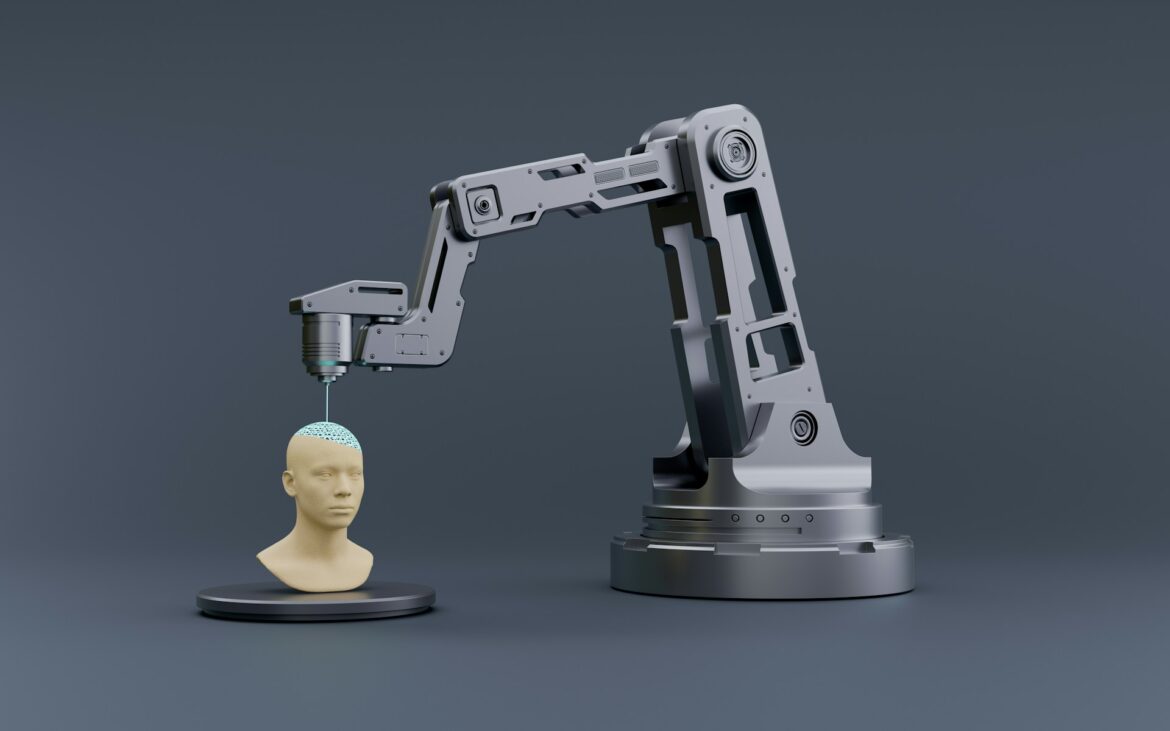Nearly 80 per cent of manufacturers plan to invest in artificial intelligence (AI) to tackle shortages in high-skilled labour, according to a new survey by Fluke Reliability.
The survey, which polled over 600 senior decision-makers and maintenance professionals in the United States, the United Kingdom and Germany, found that 79 per cent of respondents are focusing AI investment on addressing high-skill labour shortages. In contrast, only 37 per cent view AI as a means to fill gaps in low-skill roles.
The findings indicate a strategic shift in the manufacturing sector, with organizations leveraging AI-driven technology to augment high-skill work and address critical talent gaps rather than replacing humans with automation.
“While moving beyond routine and low-skill automation has been on the cards for some time, only now has technology reached a level that allows broader adoption within industrial organizations,” said Aaron Merkin, chief technology officer at Fluke Reliability.
AI diagnostic engines
Merkin pointed to examples such as AI diagnostic engines that can provide prescriptive fault predictions without the need for highly trained specialists. “By accelerating the decision-making process and amplifying human expertise, AI enables fast, actionable interventions that redefine operational efficiency,” he said.
The survey revealed that 90 per cent of respondents reported the skills shortage has impacted their organization—almost one-third citing a significant effect. An overwhelming 98 per cent consider AI a viable solution to the skills shortage, and 36 per cent stated their primary motivation for implementing AI is to compensate for the shortage of skilled workers.
Nearly one in four respondents (21 per cent) believe AI and real-time data analytics will help bridge the skills gap and reduce workloads, allowing workers to be more productive and tackle more complex, value-added tasks. Among maintenance managers, 40 per cent believe AI will drive positive transformation in terms of efficiency.
Manufacturers are also increasing investment in innovative technologies, with 30 per cent aiming to address productivity gaps, complement worker capabilities and enhance overall efficiency.
Lack of diversity a cause of talent shortage
Beyond alleviating pressure on high-skilled labour, 37 per cent of manufacturers acknowledge that talent shortages are due to a lack of diversity within their organizations. To combat this, 34 per cent are improving their employer brand to attract new and diverse talent, and 33 per cent are implementing comprehensive training and workforce development plans to upskill existing workers.
“Integrating AI in manufacturing is not just about replacing low-skill labour with machines; it’s also about strategically automating high-skill tasks while empowering the workforce to work more effectively with AI,” said Jason Waxman, president of Fluke Corporation. “This alignment between human and machine intelligence will have long-lasting effects on creating a future-ready workforce.”
Fluke Reliability, an operating company of Fluke Corporation, provides reliability and maintenance teams with tools, software, AI-powered insights and services to optimize asset performance.





